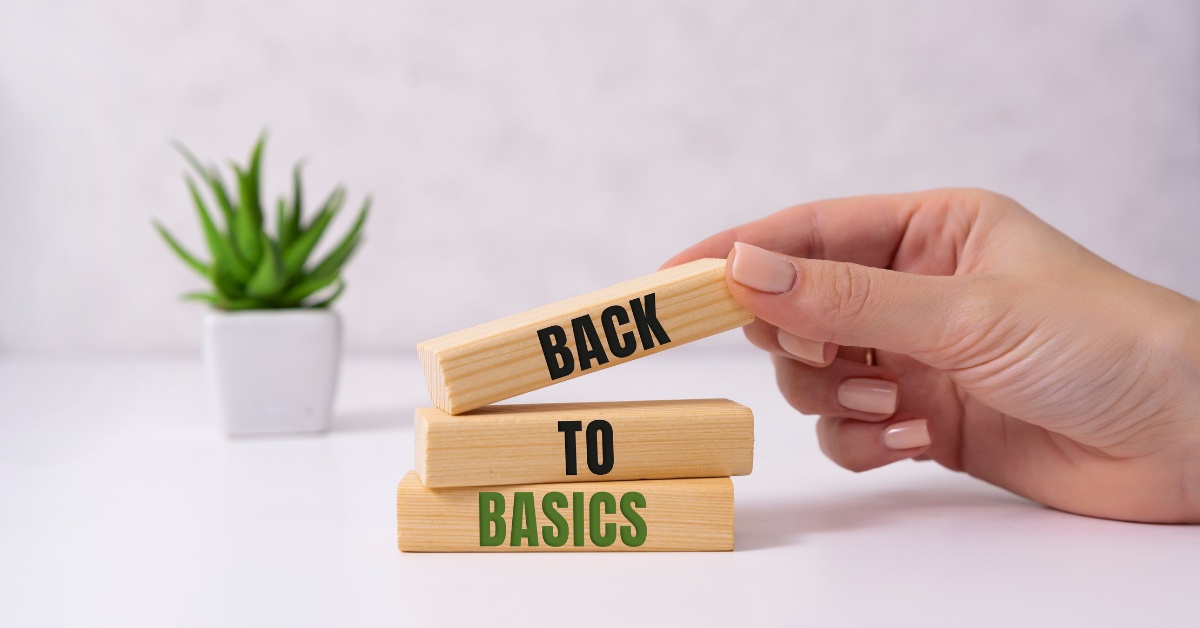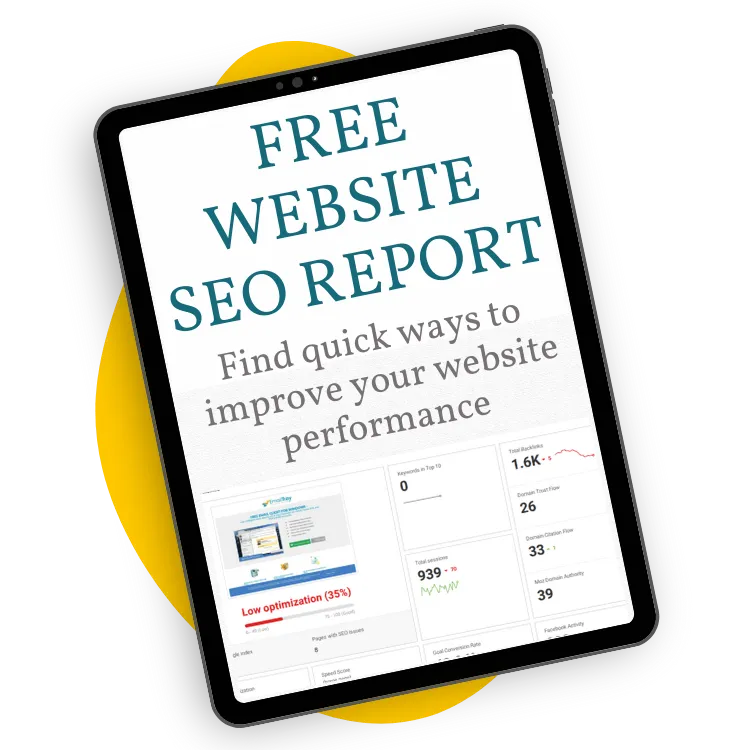SEO Basics - Your Essential Guide to Getting Found On Google
By Jules White | Updated: September 25th 2024 | reading time: 5 minutes

🎙️Listen to the podcast version of this article🎙️
SEO Foundations
In this article I’m going to cover the foundations of SEO, so you can understand its value as a business owner.
Table of Contents:
The Importance of SEO for Business
I see so many business owners creating fantastic content that's either gathering dust or simply feeding the social media algorithms, with little to show for it.
It doesn't have to be this way! Imagine your content reaching the right people online, connecting with them, and encouraging them to engage with your business today.
That's where the power of SEO comes in. It's a way to cut through the noise and attract more visitors to your website – visitors who can become paying customers.
Understanding Search Engines: SEO 101
SEO stands for search engine optimization. Basically, it's about setting up your website so that it shows up in search engines like Google, Bing, and Yahoo.
We tend to focus on Google because it's still the king of search, handling over 80% of searches. Optimize for Google, and you'll likely show up in other search engines too.
How SEO Can Benefit Your Business
SEO helps you ditch those short-term tactics and build a sustainable marketing strategy that brings in a steady stream of clients.
It's an alternative to paid ads and social media, where the traffic stops as soon as you stop paying or posting.
Instead of interrupting people's social media scrolls (if the algorithms even show your content!), SEO helps you connect with people actively searching for solutions to their problems.
Google Search Results Explained: How Search Works
Google (and other search engines) wants to give its users the best, most relevant results.
Their little bots crawl the entire internet, cataloging every webpage.
While these bots are getting smarter all the time, AI is also changing the game. It's more crucial than ever to make sure your information is organized in a way that both bots and humans can understand.
Keywords: The Foundation of SEO
Before you dive into optimising your website, you need to understand who you help, what problem you solve for them, and the language they use to describe their needs.
Once you know your ideal clients and their pain points, you can figure out what they're searching for online.
Keywords are the words or phrases people type into search engines. There are two main types:
🌱 Seed Keywords: Broad terms with high search volume but lots of competition (e.g., "SEO services")
🧜♀️Long-Tail Keywords: More specific phrases with lower search volume but less competition (e.g., "SEO services for course creators UK")
Long-tail keywords are where the real opportunities lie for most businesses.
Search Intent Matters
When choosing keywords, consider search intent – what is the searcher trying to achieve?
Are they looking for information, comparing products, ready to buy, or trying to find a specific website or local business?
Understanding search intent helps you create the right type of content to meet their needs.
Optimising Your Website Content: Where to Use Keywords
Once you've got your keywords, here are some key places to use them on your website:
Page Title: The text that appears in the browser tab and search results.
Page URL: The web address of the page.
H1 Heading: The main heading on the page.
Content: Naturally weave keywords throughout the text.
Image File Names and Alt Text: If possible, include keywords in image file names and alt text.
Remember, focus on one keyword per page and prioritize natural language that sounds good to human readers.
Getting Started with SEO: Where to Begin
The most important pages on your website are the ones most likely to attract new visitors, make a strong impression, and lead to sales.
These are your "money pages," and they're a good place to start with SEO.
Google also looks for certain pages as trust signals, like your homepage, about page, and contact page. Ensure you have these in place, along with legal pages like a privacy policy.
Tools of the Trade for SEO
I use a few paid SEO tools in my business, but you can get started with free options like Google Search Console and Google Analytics.
Google Search Console is particularly helpful for understanding how Google sees your website and what keywords you're already ranking for.
Final Thoughts and Encouragement
SEO can seem daunting, but it doesn't have to be.
Most businesses aren't even doing the basics, so even small efforts can make a big difference. Remember:
🌱 SEO is sustainable. It's a long-term strategy that keeps working for you.
😊 Focus on quality content. Create content that's helpful, informative, and engaging for your audience.
🪜 Take it one step at a time. Don't get overwhelmed. Start with small changes and build from there.
If you want to learn more, get my free Beginners SEO Quickstart Guide checklist here.
And if you'd like some personalized help, book a Power Hour with me – I'd love to chat and help you get started!
Or alternatively Get your free Website SEO report here to find out how your website is doing right now and understand key areas for improvement!
Want more clients without the social media grind?
Join my free newsletter for simple website & SEO tips that help you get found.
CONNECT
© Copyright 2026 Built with FEA Create * | designed and developed by thewebsitesuccesshub.com
Based in Marston Moretaine, Bedfordshire - helping Women in Business worldwide






